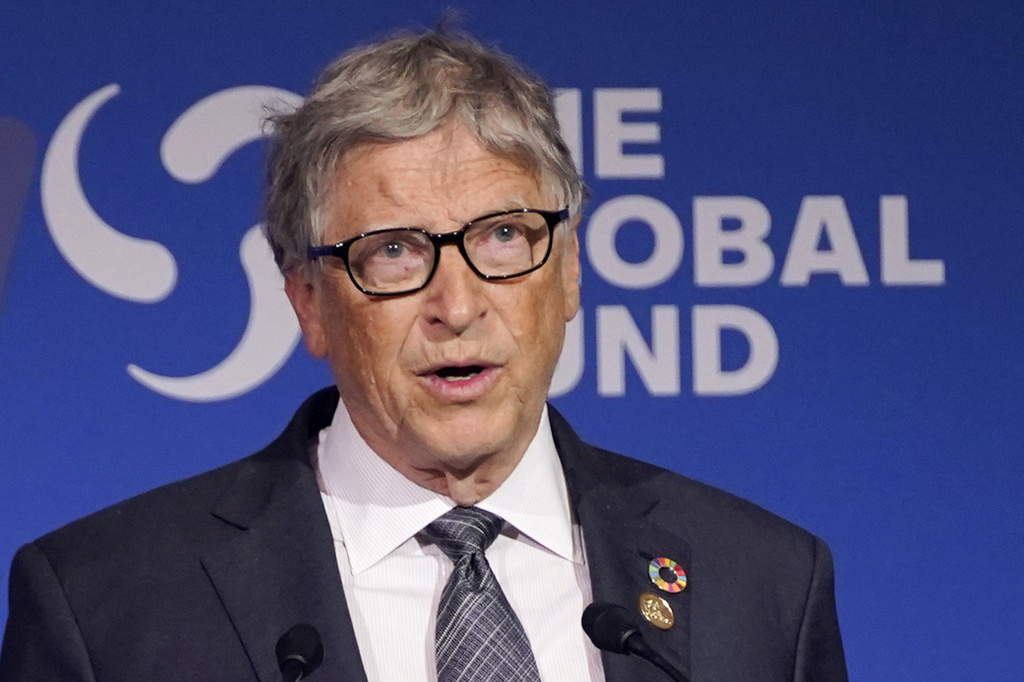Billionaire philanthropist Bill Gates is recalibrating his approach to climate change, urging a move away from what he describes as “doomsday thinking” and toward prioritizing global well-being and adaptation, especially in the world’s poorest countries.
In a new essay published on his personal blog, GatesNotes, the Microsoft co-founder argued that climate change poses serious risks but said that it should no longer be framed as an existential threat to humanity. “Although climate change will have serious consequences — particularly for people in the poorest countries — it will not lead to humanity’s demise,” Gates wrote. “People will be able to live and thrive in most places on Earth for the foreseeable future.”
The remarks mark a notable evolution from his 2021 book How to Avoid a Climate Disaster, which emphasized the urgency of reaching net-zero emissions to avert catastrophic warming. This week’s memo, arriving just before the U.N.’s COP30 climate summit in Brazil — which Gates said he will not attend — reflects a broader shift in his priorities toward global health, poverty alleviation, and resilience.
Gates now argues that the global fight against climate change must be integrated with, not separated from, broader human development goals. “We can’t cut funding for health and development — programs that help people stay resilient in the face of climate change — to do it,” he wrote. “It’s time to put human welfare at the center of our climate strategies.”
The change in tone comes amid a restructuring of Gates’ philanthropic and business ventures. Earlier this year, his Breakthrough Energy initiative quietly shuttered its policy division and reduced staff. Meanwhile, the Bill & Melinda Gates Foundation — which has spent billions on climate-related aid, including $1.4 billion to support farmers adapting to rising temperatures — announced plans to wind down operations over the coming years.
Still, Gates remains active in clean energy innovation. His nuclear energy company, TerraPower, recently received federal approval for its next-generation reactor design. Yet he now stresses that progress should not be measured solely by global temperature reductions. “Temperature is not the best way to measure our progress on climate,” he wrote, adding that alarmist rhetoric can “hinder practical solutions.”
In a recent interview with CNBC’s Andrew Ross Sorkin, Gates elaborated on his evolving stance. “Climate is super important but has to be considered in terms of overall human welfare,” he said. “I didn’t pick that position because everybody agrees with it — it’s just the intellectually right answer.”
Gates described his position as a “strategic pivot” — away from short-term emissions metrics and toward long-term human advancement. He emphasized innovation in agriculture, healthcare, and energy access as central to the next phase of climate action. “We must prioritize innovations that have the greatest impact on human welfare,” he said.
Observers note that Gates’ more tempered outlook arrives during a politically polarized moment. The New York Times suggested his shift may reflect an effort to “move to the center” as skepticism toward climate spending grows among Republicans, including President Donald Trump.
(YWN World Headquarters – NYC)











